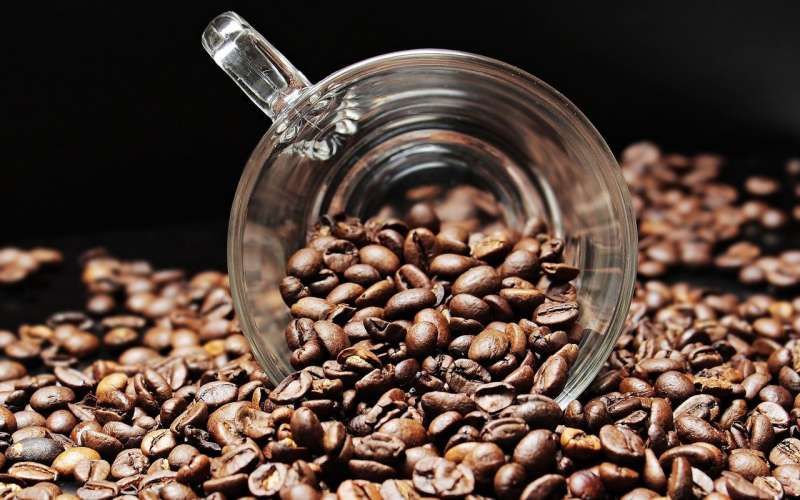November 21, 2017 weblog
How waste coffee grounds could help fuel London buses

(Tech Xplore)—Across continents, people are concerned about how to address harmful CO2 emissions in the environment. Now there is news that some London buses will run on a biofuel partially made from old coffee grounds. The idea comes from a company called bio-bean. The company has a key premise for what they do: There is no such thing as waste, just resources in the wrong place.
Looking at the bigger picture, Shell said "By rethinking waste, we can continue to decrease emissions from the transport sector through innovations in second-generation biofuels."
Bloomberg: "As public pressure mounts against using food for fuel, companies are increasingly focusing on biofuels made from waste such as used cooking oil and inedible plants."
A video from oil and gas industry giant Shell, published on Sunday, talked about the role of the London-based company, bio-bean, in using waste coffee grounds to power buses.
Bio-bean has partnered with Shell for a demonstration project, reported Anna Hirtenstein in Bloomberg.
Involved in this project are bio-bean, Shell and Argent Energy.
We're talking coffee-derived biodiesel.
But how many buses in the city could actually benefit?
Shell's answer: "London produces enough waste coffee grounds to create a pure-blend B20 biofuel – made from coffee oil and mineral diesel – on a scale large enough to help fuel around a third of the London bus network."
Londoners drink millions of cups of coffee a day. However consumption on that scale brings with it a lot of waste, said Shell.
London alone produces 200,000 tons of waste coffee grounds every year, said Arthur Kay, bio-bean's founder.
What is more, out of the tons of waste coffee grounds produced in the UK each year, most of it is disposed of via landfill where it emits methane, a greenhouse gas 28 times more potent than carbon dioxide, said bio-bean. Landfill is also costly as waste disposal for businesses, with the UK government's landfill tax.
"I thought, what if we could do something meaningful with that waste?" Kay said.
He studied the process of collecting and using coffee grounds. He recognized the energy potential and role it could play as a fuel source. Spent coffee grounds are highly calorific and contain valuable compounds, noted bio-bean.
The company site described how it is created. A "B20" blend is the result after first blending coffee oil extracted from waste coffee grounds with other fats and oils. Argent Energy uses the oils for creating biodiesel, blended with mineral diesel.
B20 biodiesel offers a 10-15% reduction in CO2 emissions compared with traditional mineral diesel.
The plan calls for conversion at the company's factory, and shipped to a central tank where London buses refuel.
Shell said bio-bean is making the coffee-derived B20 biofuel on a scale large enough to help power some of London's buses.
Bio-bean was founded in 2013. The company described itself as "the first company in the world to industrialise the process of recycling waste coffee grounds into advanced biofuels and biochemicals."
They plan to expand eventually to continental Europe and the US, according to Bloomberg.
While the bus project focuses on their biodiesel knowhow, the company is involved in other types of applications.
The bio-bean's biodiesel at this stage is not commercially available but their coffee logs and coffee pellets can be purchased. bio-bean recycles the grounds into the briquettes and pellets. Briquettes are for use in stoves, fires and chimneys. The carbon neutral pellets are used for heating buildings.
"Our primary expansion plans are based around where there are instant coffee factories." said Kay in the Bloomberg report.
More information: www.shell.com/energy-and-innov … ses-with-coffee.html
© 2017 Tech Xplore
















